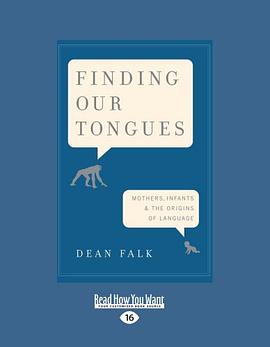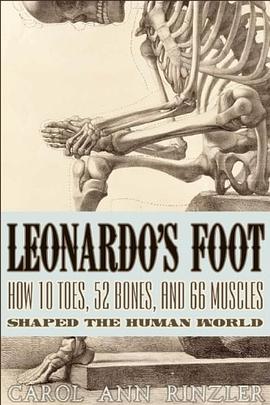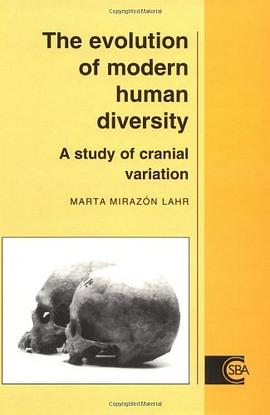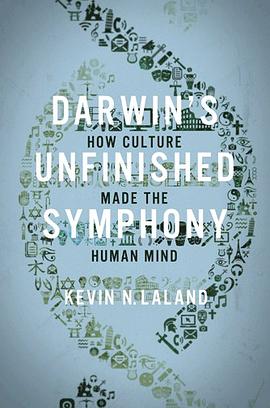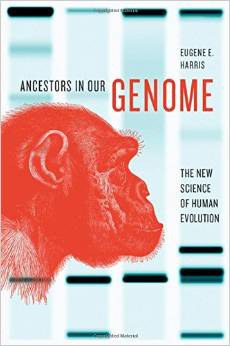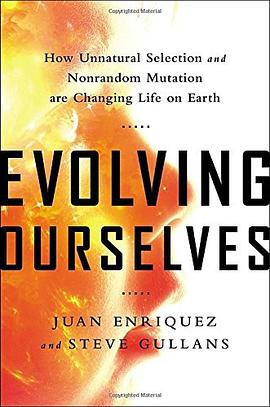

具体描述
This first-person narrative about an archaeological discovery is rewriting the story of human evolution. A story of defiance and determination by a controversial scientist, this is Lee Berger's own take on finding Homo naledi, an all-new species on the human family tree and one of the greatest discoveries of the 21st century.
In 2013, Berger, a National Geographic Explorer-in-Residence, caught wind of a cache of bones in a hard-to-reach underground cave in South Africa. He put out a call around the world for petite collaborators—men and women small and adventurous enough to be able to squeeze through 8-inch tunnels to reach a sunless cave 40 feet underground. With this team of "underground astronauts," Berger made the discovery of a lifetime: hundreds of prehistoric bones, including entire skeletons of at least 15 individuals, all perhaps two million years old. Their features combined those of known prehominids like Lucy, the famous Australopithecus, with those more human than anything ever before seen in prehistoric remains. Berger's team had discovered an all new species, and they called it Homo naledi.
The cave quickly proved to be the richest primitive hominid site ever discovered, full of implications that shake the very foundation of how we define what makes us human. Did this species come before, during, or after the emergence of Homo sapiens on our evolutionary tree? How did the cave come to contain nothing but the remains of these individuals? Did they bury their dead? If so, they must have had a level of self-knowledge, including an awareness of death. And yet those are the very characteristics used to define what makes us human. Did an equally advanced species inhabit Earth with us, or before us? Berger does not hesitate to address all these questions.
Berger is a charming and controversial figure, and some colleagues question his interpretation of this and other finds. But in these pages, this charismatic and visionary paleontologist counters their arguments and tells his personal story: a rich and readable narrative about science, exploration, and what it means to be human.
作者简介
LEE R. BERGER is the Research Professor in Human Origins and the Public Understanding of Science at the University of the Witwatersrand in Johannesburg, South Africa, and a National Geographic Explorer-in-Residence. He was a founder of the Palaeoanthropological Scientific Trust, today the largest nonprofit organization in Africa supporting research into human origins. The director of one of the largest paleontological projects in history, leading over 100 researchers in investigations of the Malapa site in South Africa, Berger is the author of more than 200 scholarly and popular works. His research has been featured three times on the cover of Science and has been named among the top 100 science stories of the year by Time, Scientific American and Discover magazine on numerous occasions. Berger has appeared in many television documentaries on subjects related to archaeology, paleoanthropology, and natural history, and has appeared widely on television and radio, including NPR's Talk of the Nation, Morning Edition, and All Things Considered and PBS's News Hour and Alan Alda's Scientific American Frontiers. Berger was named one of Time magazine's 100 Most Influential People of 2015 and 2016's Rolex National Geographic Explorer of the Year.
JOHN HAWKS is the Vilas-Borghesi Distinguished Achievement Professor of Anthropology at the University of Wisconsin—Madison. He is the author of a widely read paleoanthropology blog, johnhawks.net. Hawks graduated from Kansas State University in 1994 with degrees in French, English, and anthropology. He received both his M.A. and Ph.D. in anthropology from the University of Michigan. After working as a postdoctoral fellow at the University of Utah, he moved to the University of Wisconsin—Madison, where he is currently a member of the anthropology department, teaching courses including human evolution, biological anthropology, and hominid paleoecology.
目录信息
读后感
评分
评分
评分
评分
用户评价
相关图书
本站所有内容均为互联网搜索引擎提供的公开搜索信息,本站不存储任何数据与内容,任何内容与数据均与本站无关,如有需要请联系相关搜索引擎包括但不限于百度,google,bing,sogou 等
© 2025 book.wenda123.org All Rights Reserved. 图书目录大全 版权所有




